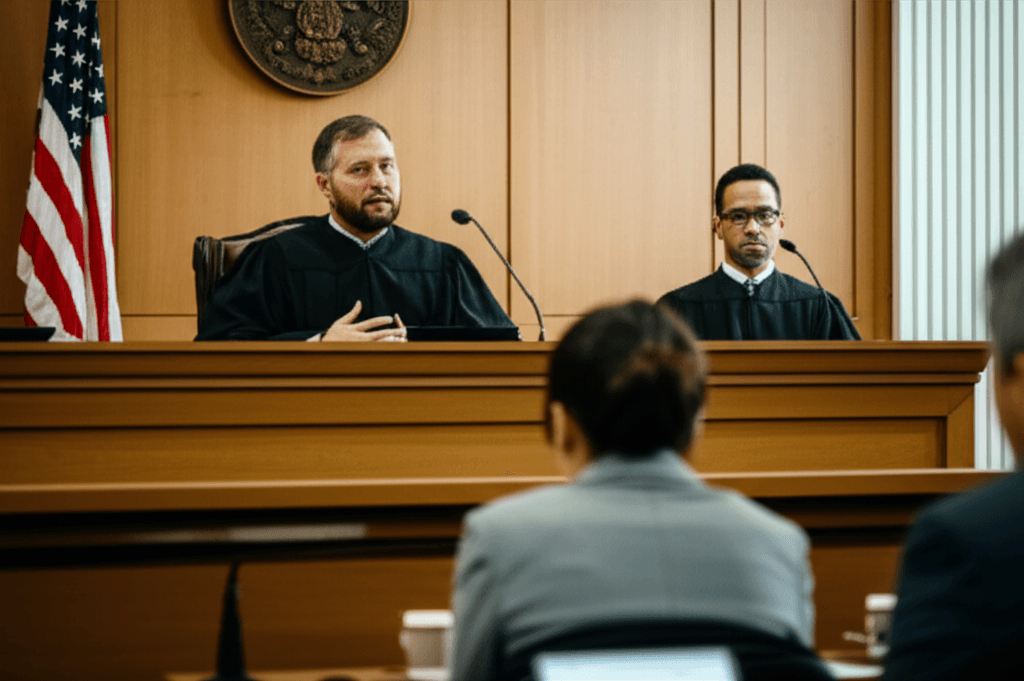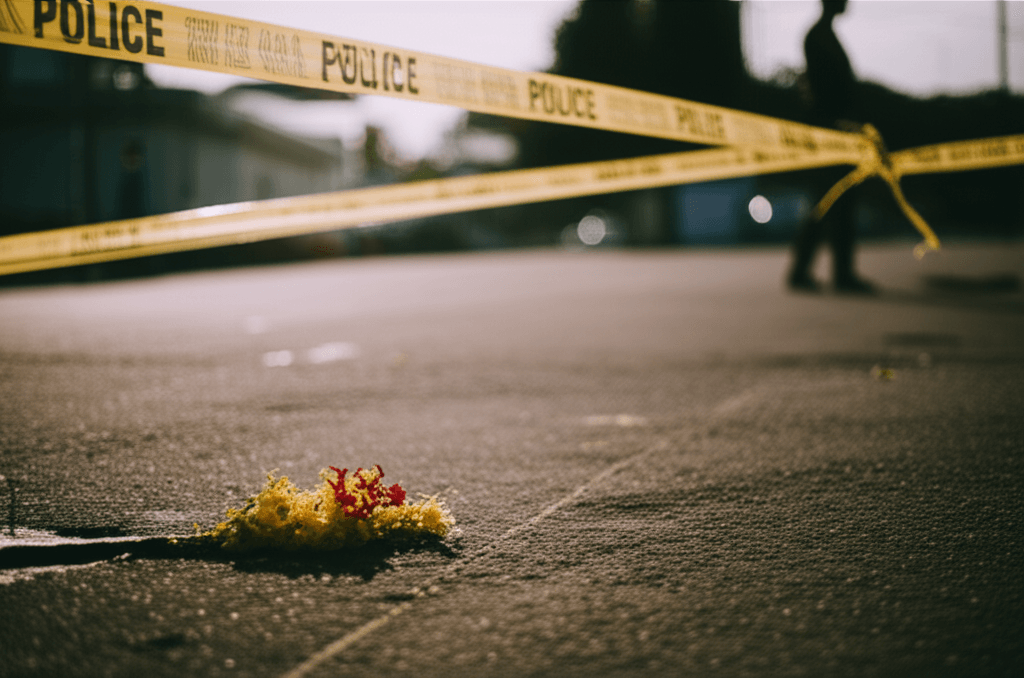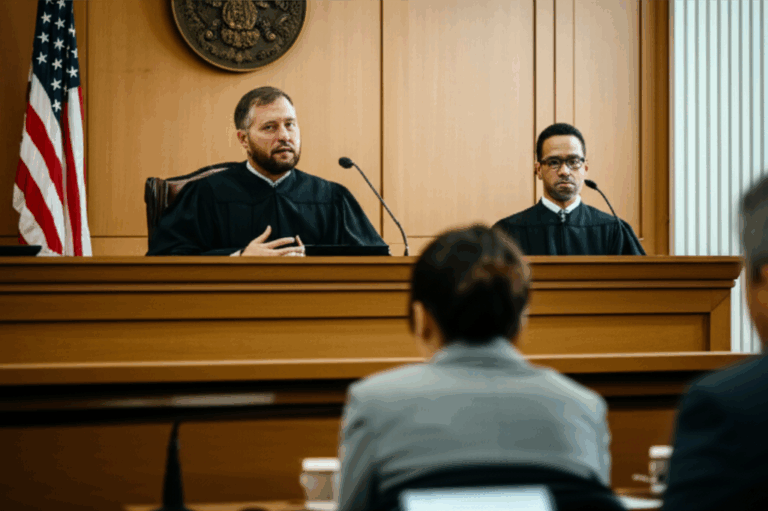VANCOUVER, BC – A provincial court judge in Vancouver is set to deliver a crucial decision today, Wednesday, September 10, 2025, regarding the mental fitness of Kai-Ji Adam Lo, the man accused of killing 11 people in a car-ramming attack at the Lapu-Lapu Day festival. Lo, 30, faces 11 counts of second-degree murder following the tragic incident on April 26.

The Mental Fitness Hearing and Its Purpose
The court proceedings will determine whether Lo is mentally fit to stand trial on the murder charges. He is expected to appear by video from custody for the ruling. The mental fitness hearing, which spanned three days, involved the presentation of evidence and arguments based on reports from two expert-witness forensic psychiatrists.
The core issue at hand is not Lo’s mental state at the time of the alleged attack but rather his current capacity to understand the legal proceedings and effectively communicate with his legal counsel. In Canada, an accused individual is presumed fit to stand trial unless proven otherwise.
Legal Standards for Mental Fitness
Generally, the test for determining mental fitness to stand trial assesses whether an individual can comprehend the nature and consequences of court proceedings and engage meaningfully with their defense team. Richard Schneider, a retired judge and University of Toronto forensic psychiatry professor, noted that mental competency can fluctuate and often improves with psychiatric care and treatment adherence. He also stated that courts can revisit the issue of mental fitness multiple times throughout a trial, particularly if the accused is considered “fragile.”

The Lapu-Lapu Day Festival Tragedy
Kai-Ji Adam Lo was arrested and charged after allegedly driving his SUV into a crowd at the South Vancouver festival on April 26, resulting in 11 fatalities and numerous injuries. The incident drew widespread shock and grief, with Vancouver’s Mayor Ken Sim describing it as the “darkest day in the history of Vancouver.” Following the attack, investigators revealed that Lo had prior interactions with police concerning his mental health, and he was being monitored by a Vancouver Coastal Health care team under the Mental Health Act.
Publication Ban and Media Challenge
During the mental fitness hearing, a publication ban was in effect, restricting the reporting of evidence presented in court. A consortium of media organizations, including CBC News and The Canadian Press, has challenged this ban, advocating for public transparency. Judge Reginald Harris is also anticipated to rule today on this publication ban application. The defense team for Lo, however, has opposed lifting the ban, citing concerns for Lo’s right to a fair trial.

Broader Context of Mental Health in Legal Cases
This case highlights the complex interplay between mental health and the justice system. While the current focus is on Lo’s fitness to stand trial, the broader discussion of mental illness as a factor in criminal behavior remains pertinent. In separate, unrelated cases in the Philippines (not directly related to the Vancouver incident, but relevant to the legal concept of mental health in courts), the Supreme Court has ruled that a documented history of mental illness is not a prerequisite for claiming legal insanity as a defense. Proving legal insanity requires evidence of a complete deprivation of intelligence, reason, or discernment at the time the crime was committed, and such a defense can lead to confinement in a mental health facility rather than imprisonment. However, the legal threshold for “insanity” at the time of the crime differs from “fitness to stand trial,” which pertains to an accused’s present mental state and ability to participate in their defense.







